The foreign couple who fought for Bangladesh
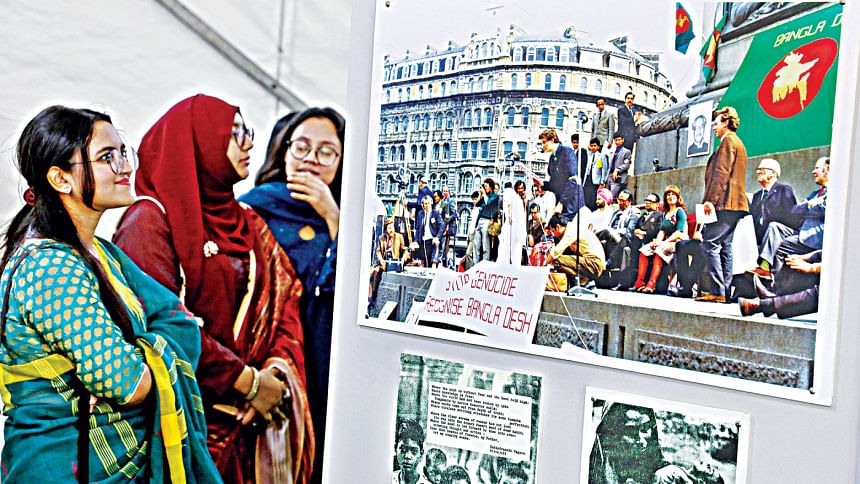
In the summer of 1971, as the people of Bangladesh waged a desperate fight for freedom, two foreign voices -- one British, one American -- rose in defiance against the brutal atrocities unfolding thousands of miles from their own homelands.
Paul and Ellen Connett, a young couple, refused to stay silent. They did more than express outrage; they took action.
Paul, a British national, and Ellen, an American, became key figures in the international movement against the genocide in Bangladesh.
As the Pakistani military cracked down on the people of the then-East Pakistan, the Connetts mobilised global attention, spearheading protests, raising funds, and even risking their own safety to bring aid to war-affected civilians.
Their story was revisited at an exhibition titled "Humanity Is One", organised at Gulshan Society Lake Park in the capital, marking Bangladesh's 54th Independence Day.
In one of the most striking moments of their activism, on August 1, 1971, the Connetts helped gather 25,000 people at Trafalgar Square in London for a massive demonstration against the genocide in Bangladesh.
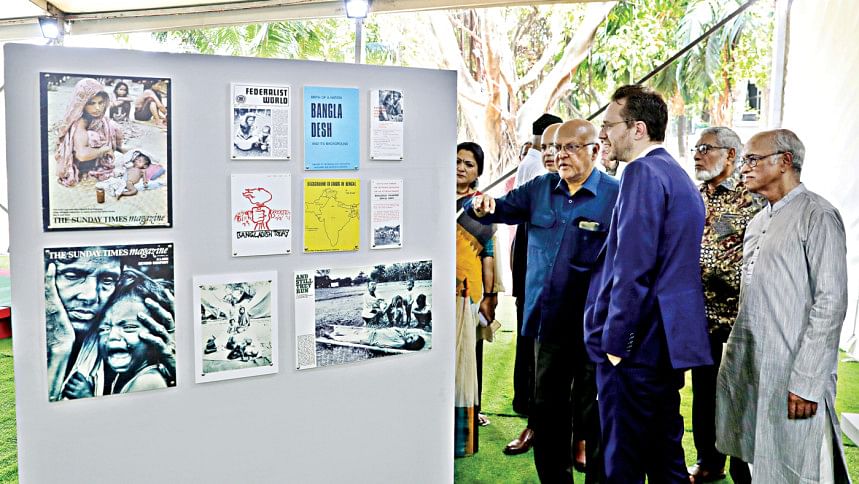
Organised in collaboration with UK-based East Pakistani activists and rights groups, the protest became a defining moment in international solidarity -- one that stood alongside the legendary "Concert for Bangladesh" in New York.
But for the Connetts, protesting was not enough. They wanted to do more. They acquired a World War II-era ambulance, packed it with medical supplies, and embarked on a daring journey across multiple countries, determined to bring aid to the war-ravaged people of Bangladesh. When they finally reached the country, they used the ambulance to provide crucial medical support to civilians affected by the war.
Their actions came at a cost. Ellen Connett was arrested while attempting to enter Bangladesh. She was imprisoned, but her spirit remained unshaken. Just days before victory, she was released, a testament to her relentless determination to stand with the people of Bangladesh.
While imprisoned, she discovered that she was pregnant. On returning to the UK, she gave birth to her son, naming him Peter William Mujib Connett.
The couple also received "Friends of Liberation War Honour" from the government.
At the exhibition yesterday, Mofidul Hoque, founder trustee of the Liberation War Museum, described how Action Bangladesh and Operation Omega -- platforms co-founded by the Connetts -- raised funds and procured ambulances for Bangladeshis during the war.
Abdul Majid Chowdhury, co-founder of Action Bangladesh, recalled the immense risks taken by foreigners who stood with Bangladesh.
"We, as a nation, fought for our freedom -- that was expected. But the way foreigners risked their lives for us was truly extraordinary," he added.
Speaking at the event, James Goldman, acting British deputy high commissioner to Bangladesh, called their story a powerful demonstration of the enduring relationship between Bangladesh and the UK.
He said that the UK was among the first nations to recognise Bangladesh in 1972 and has maintained a strong partnership with the country ever since.
German Ambassador to Bangladesh Achim Troster expressed Germany's said, "We stand by Bangladesh and will remain a reliable and trustworthy partner -- hopefully towards more democracy and a less antagonistic political landscape."
Speaking at the event, Syed Ahsan Habib Rana, secretary general of Gulshan Society, said, "Fifty-four years ago, a nation was born not just through the struggles of its own people but also with the unwavering support of voices from across the world—voices that refused to stay silent."
Moderating the event, Srabanti Datta, cultural secretary of Gulshan Society, said that the exhibition is particularly valuable for younger generations. "It offers a powerful lesson on the significance of global solidarity and humanitarian efforts in a nation's struggle for freedom," she added.
Singer and Journalist Elita Karim paid a tribute to the legendary singer-songwriter Joan Baez by covering the famous song 'Bangladesh.' Elita also marked the end of the event by singing DL Ray's 'Dhano Dhannye Pushpe Bhora.'
As visitors at the exhibition walked past rare photographs, historical documents, and firsthand accounts of the Connetts' activism, one message stood clear -- humanity knows no borders.

 For all latest news, follow The Daily Star's Google News channel.
For all latest news, follow The Daily Star's Google News channel. 

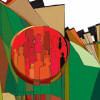
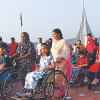
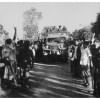
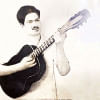



Comments